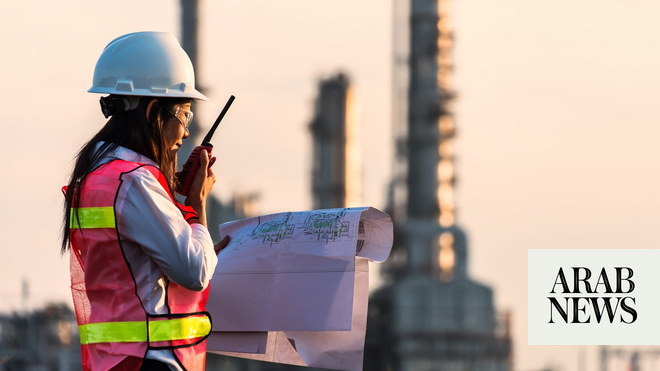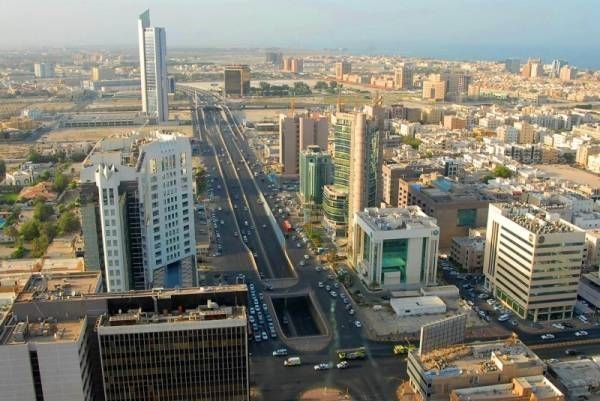
RIYADH: The rising repurchase agreement rates may have a negative impact on the Kingdom’s manufacturing sector, as borrowing from commercial banks will become expensive, warned Saudi Industrial Development Fund.
Repo rate is the rate at which the central bank of a country lends money to commercial banks in the event of any shortfall of funds. It is used by monetary authorities to control inflation.
SIDF, on its website, also noted that rising interest rates could lead to a slowdown in purchasing raw materials or semi-finished goods for certain industries, which could further impact the manufacturing sector’s performance.
The fund said the reduction in cash flow and consumption may also lead to lower profitability and investment in the sector.
“In the context of the Saudi manufacturing sector, the rise in repo rates may make it more challenging for companies to access credit and could result in reduced investment momentum and profitability,” it said quoting experts.
It was in March 2022 that the US Federal Reserve began increasing its federal funds’ rates, which has had a ripple effect on other countries’ economies, including Saudi Arabia.
The Saudi Central Bank, also known as SAMA, had to adjust its repo and reverse repo rates to keep up with the US rising interest rates, bringing rates up to levels not seen since 2008.
Earlier in May, SAMA increased its repo rate by 25 basis points to 5.75 percent and its reverse repo rate also by 25 bps to 5.25 percent.
“While rising interest rates may help control inflation levels and maintain the labor market’s recovery from an economic perspective, it’s important to consider the potential impact on specific industries and sectors, such as manufacturing,” said SIDF.
It added: “The Saudi manufacturing sector may face challenges in the short term due to the rise in interest rates, but the long-term impact remains to be seen.”










